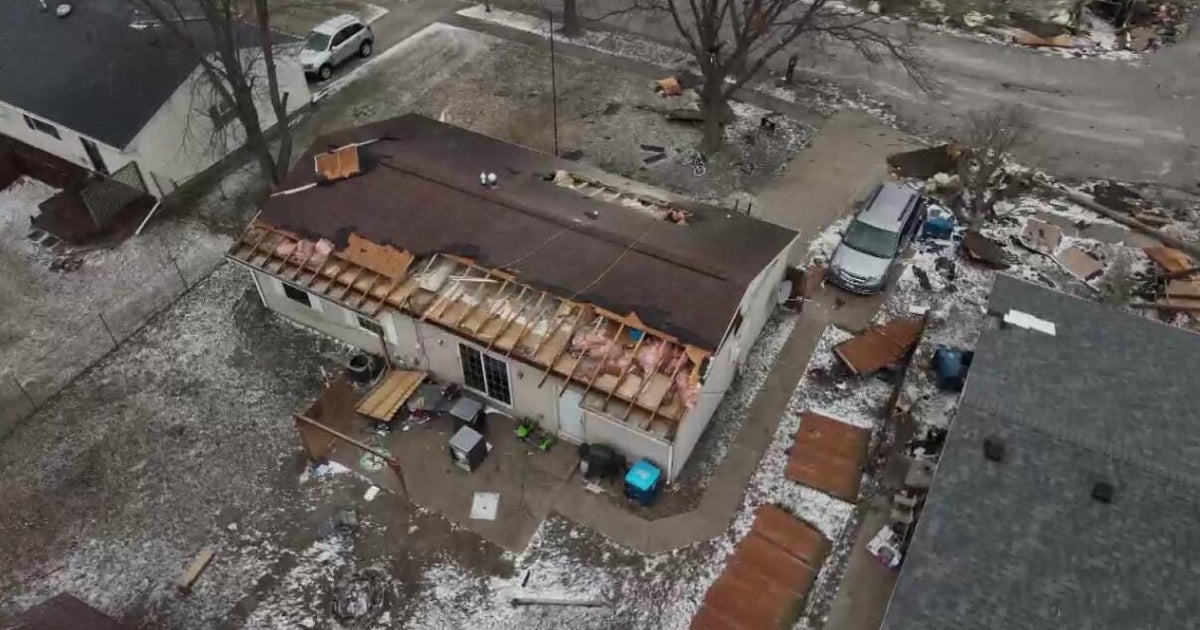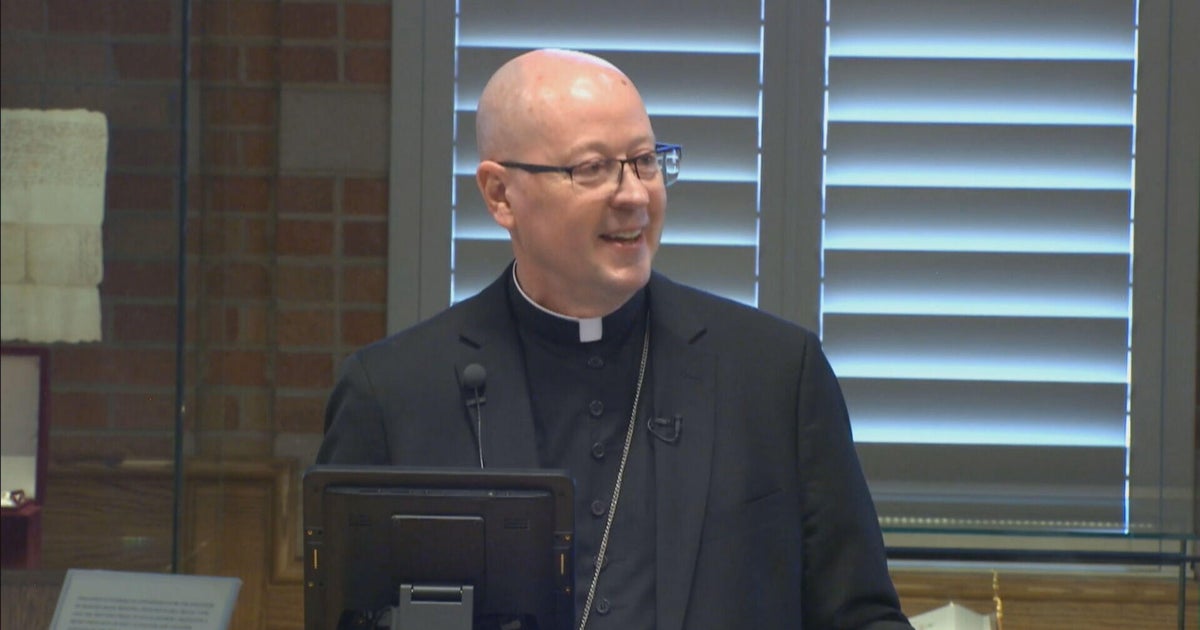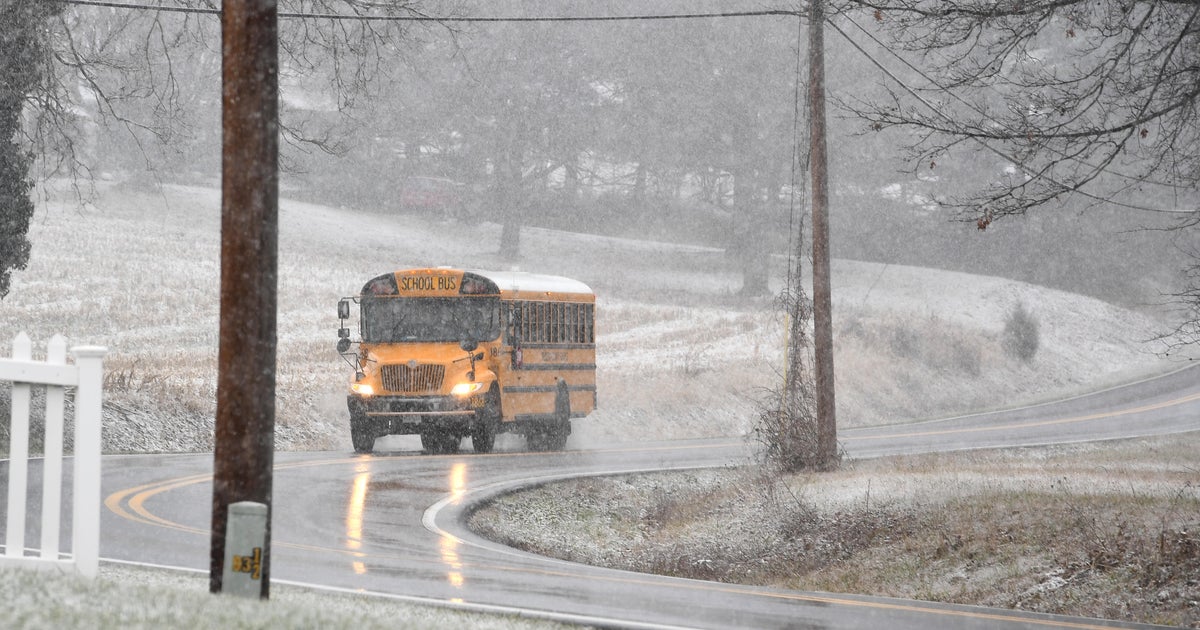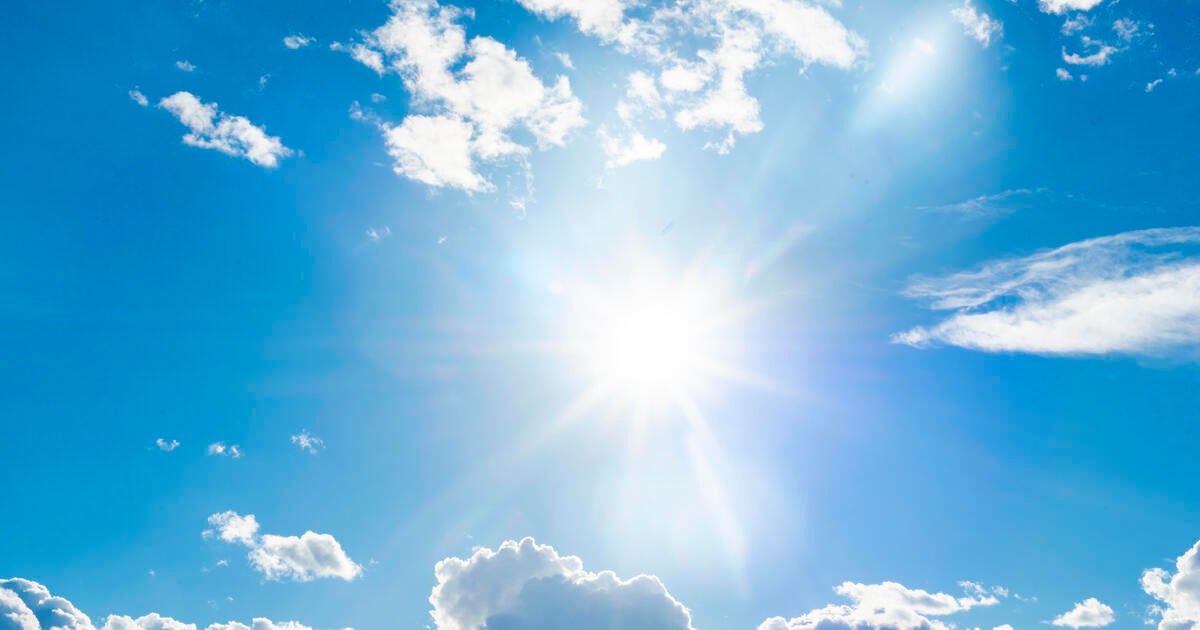Upper Midwest Farmers Have Unique Problems
GRAND FORKS, N.D. (AP) — The mild winter and early spring that gave Upper Midwest farmers a head start have also led to headaches in the form of unusual weeds and insects.
The arrival of normal weed and insect problems has been accelerated and new issues that farmers don't encounter in a typical growing season are popping up, according to Agweek.
"It's a double-edged sword," said Ian MacRae, an entomologist with the University of Minnesota Extension Service.
For example, astor leafhoppers, which are seldom a problem in the Northern Plains, have surfaced in the Dakotas and Minnesota. Alfalfa weevil larvae are expected to be active and damaging plants in western South Dakota several weeks earlier than normal.
"Things are just moved up this year," said Mark Rosenberg, agronomy weeds field specialist with the South Dakota State University Extension Service.
Water hemp — "the most satanic weed there is" — is an even greater threat because of this year's extended growing season, said Rich Zollinger, weed specialist with the North Dakota State University Extension Service.
"People need to understand just how evil this weed is," he said.
One of the reasons is that it can become resistant to the herbicide glyphosate, a popular weedkiller. Extension agents have confirmed that waterhemp and kochia weed on about 2,000 acres in north central and eastern South Dakota no longer respond to glyphosate, according to the Argus Leader newspaper.
Glyphosate resistance has been a problem in other part of the country for years. In South Dakota, "Those numbers seem to be trending up," weed specialist Mike Moechnig said.
(© Copyright 2012 The Associated Press. All Rights Reserved. This material may not be published, broadcast, rewritten or redistributed.)







